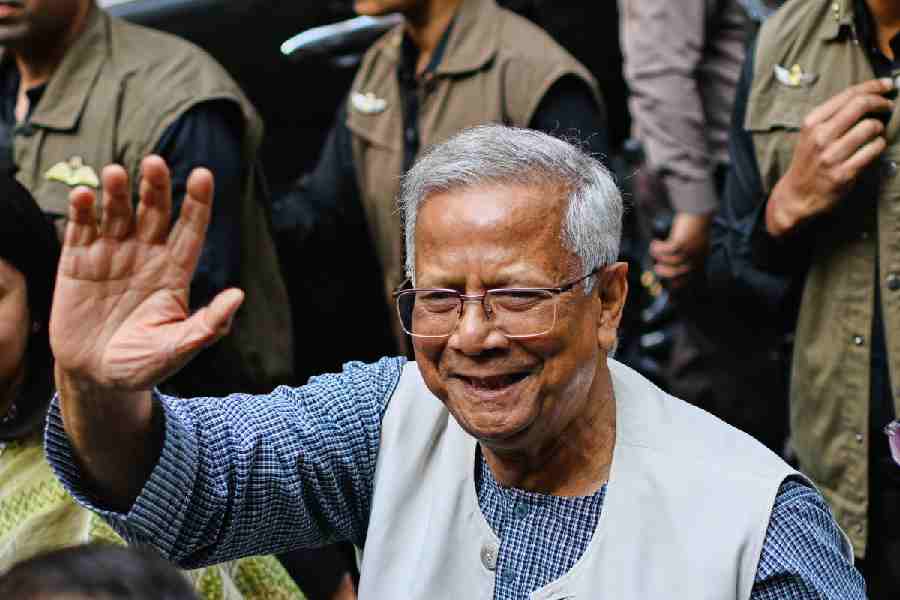“When was your last period?” Imagine a government official calling women to ask that question. When China takes it upon itself to chase a goal, it goes the whole hog. Alarmed by the country’s declining population — last year, China lost its place as the world’s most populated country to India — Beijing has started a blitz aimed at getting its women to have more babies. Apart from introducing incentives for its new three-child policy, government officials have started approaching women directly, calling them up to ask if they are pregnant, whether they have a boyfriend, and even offering to remind them about the best days to conceive.
Unsurprisingly, Chinese women are not taking to this kindly. The Chinese Communist Party seems not to realise that the axiom, ‘The Party knows best’, is no longer universally accepted. It also seems unaware that couples of child-bearing age today are those who grew up in the one-child era that lasted from 1980 to 2016. They were referred to as ‘little emperors’ since their parents’ and grandparents’ worlds revolved around them. Their friends, too, were only children. Never having experienced the pleasures of having a sibling, why would they be enthused about having more than one child? President Xi Jinping might go on about the need for women to create a “new culture of family civilisation”, but after 36 years of wiping out that culture with an iron hand, how can it be revived through government orders?
Reverse gear
The ruthlessness with which the one-child policy was implemented included forced abortions, dismissal from jobs and jail for those who could not afford to pay fines. Nevertheless, the desire to have more than one child drove many. On the internet, one old-timer recalled an image he could never forget: coming back from school, he would see people tied to trees. That was one of the punishments for those who had more than one child and could not pay the fine. Another recalled one of his school teachers saying that the greatest pain he had suffered was not being allowed to have a second child.
In pursuance of the three-child policy, many cities have announced one-time cash incentives for marriage and for every child. But these can hardly do the trick. As the mother of a little girl said when asked why she did not want another child despite the incentives: “No energy, no time, no money.” It is ironic indeed, that after having created policies that enabled women to be independent, the CCP expects them to fall in line with a new policy that will bind them down. Women today are often more educated than their husbands, they also marry late. But, unlike in Mao’s time, today there are no communes or State-run day care centres looking after children while both parents work. Why then would educated working women, already burdened with housework, want another child? As one academic wrote in the official China Daily: before encouraging couples to have three children, encourage them to have their first child sooner.
But the government is determined to reverse the effects of the one-child policy: an ageing population and a skewed sex ratio. So posters that said “one child is good” and even warned those violating it of jail, abortion and sterilisation, have been replaced with those exhorting citizens to “fully enact the three-child policy.” One city administration is planning a database of unmarried youth, not, as one would have expected, to facilitate dating, but to keep track of such youth and “provide targeted and personalised marriage services… and guide young people in developing a positive perspective on marriage, family and childbirth.”
As one netizen wrote: “They’re coming after your uterus.”










